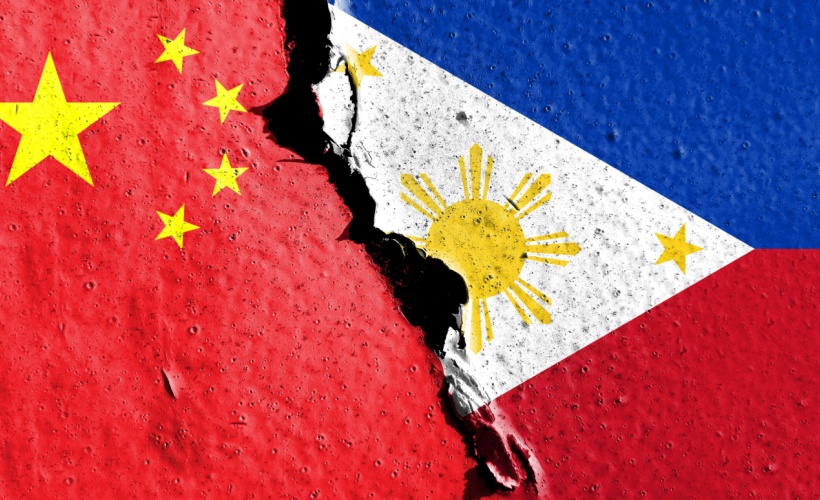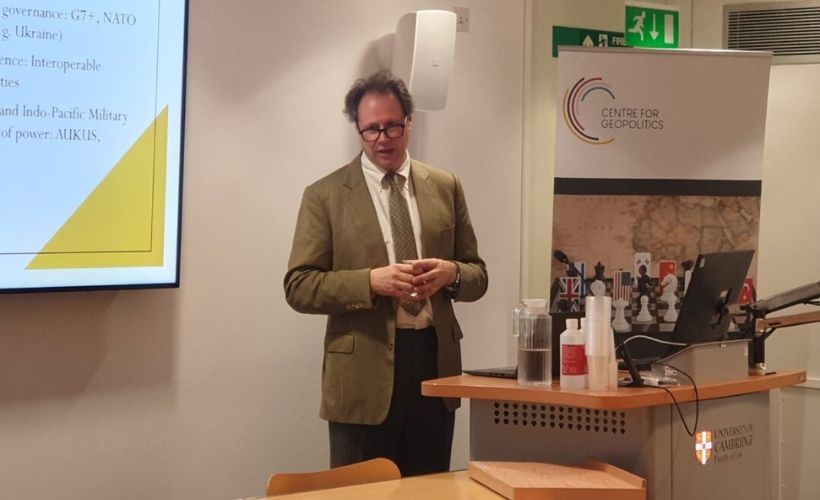By Professor Bill Hurst
The last several weeks have seen a rapid escalation of geopolitical tensions and debates across Asia, from Zero Covid and fishing to the Quad, Taiwan, the IPEF, economic recovery, and the potential policies of Australia’s new government. We’ve been doing our best to keep pace with this dynamic and consequential World region.
During this time, the Centre for Geopolitics Indo-Pacific Programme has expanded substantially. We’ve hosted three events on Hong Kong. The first, on 29 April, featured Steve Tsang of SOAS and Gordon Cheung speaking about contemporary politics. The second, on 13 May, brought together David Clayton of the University of York, Florence Mok of Nanyang Technological University in Singapore, Vivian Kong of the University of Bristol, and Jeppe Mulich of City University of London to speak about colonial legacies. The third event, on 27 May, saw John Caroll and Elizabeth Sinn of the University of Hong Kong, along with Denise Ho of Yale University and Peter Hamilton of Lingnan University speak about Hong Kong’s international connections. We also welcomed Una Berzina-Cerenkova to speak on 9 May about China-Russia relations and Rana Mitter on 13 May in dialogue with Bill Hurst on China’s foreign policy and international relations more generally. We’re also looking forward to our second iteration of the Indo-Pacific Roundtable, to be held in June, which will include a public panel and discussion.
Looking ahead to next year, we are planning a larger and more robust series of talks, events, and panels, as well as another roundtable for next June. As World events continue to be driven largely by what happens in Asia and long-term economic and security dynamics shift in the region, the Centre’s Indo-Pacific programming will continue to expand and thrive.







